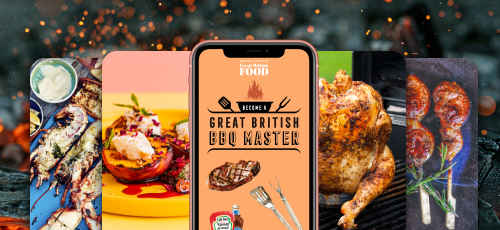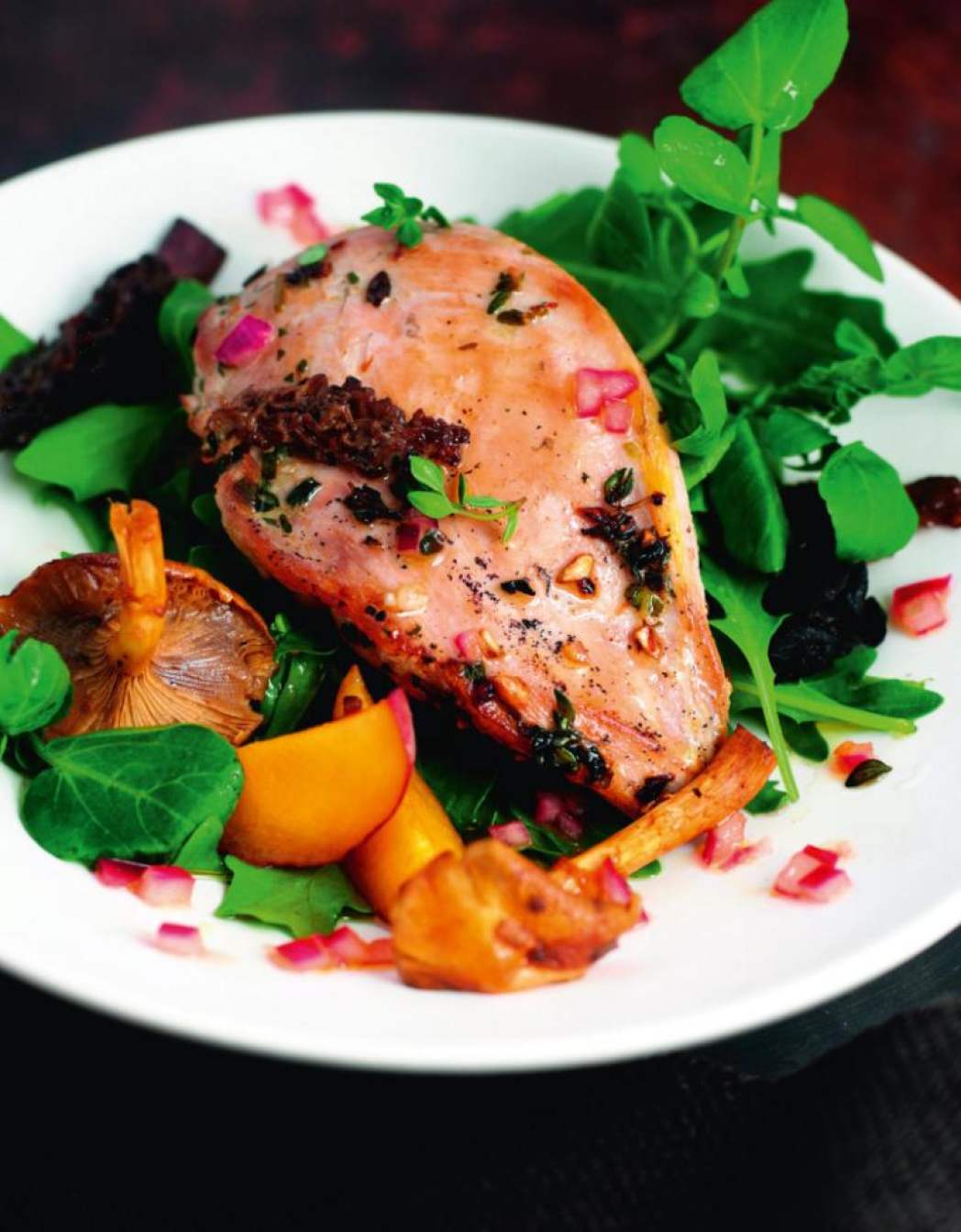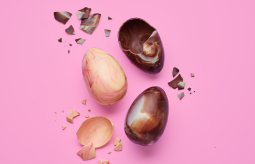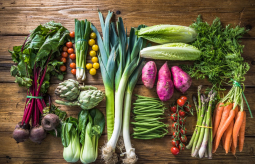Jenny White, food writer for Wild & Game, explains how to ensure that lean game birds stay tender when cooked
Game birds – such as wild pheasants, mallards, ruffed grouse and wood pigeons – are one of the UK’s finest and most under-used resources, largely because many people think that they are tough or difficult to cook. With a bit of knowledge, however, you can make sure your birds stay beautifully tender, enabling you to enjoy this delicious meat at its best.
Here are several things you can do to improve the tenderness of game birds:
Brining
Essentially this involves sitting the bird in a saltwater solution, ideally overnight. Dissolve 140g of salt and 2 tbsp sugar in 1 litre of water. You can add ingredients such as juniper berries, peppercorns, bay leaves and herbs to the brine to enhance the flavour if you like.
Heat until boiling then add another litre of cold water and leave it cool to room temperature. Add the bird and place in the fridge for 4 hours or overnight.
Once you’ve brined your game bird, you can grill, fry or roast it until it’s a lovely golden brown colour.
Velveting
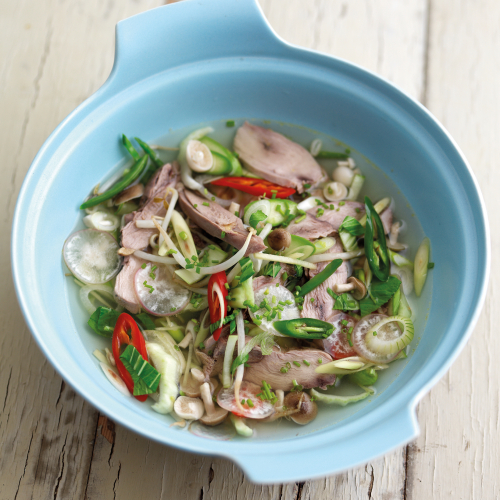
This Asian method is great for meat you’re going to stir fry. It basically involves creating a protective barrier around the chicken, which seals in the moisture when the meat is cooked, and also prevents it from overcooking and getting tough.
Method 1: For every 250g of breast meat, toss with a scant tsp of bicarbonate of soda. Leave to sit for 20 minutes then rinse well and pat dry before cooking.
Method 2: For 2 pheasant breasts or 4 partridge breasts, combine 1 tbsp whisked egg white, 2 tsp cornflour, 2 tsp peanut or sesame oil and a generous pinch of salt. You can also add a tsp of soy sauce if desired. Mix until smooth, use it to coat the meat and leave in the fridge for 30 minutes. Cook the meat in boiling water until just cooked through, then it’s ready to use in your stir fry.
Marinating
This is a great way to prepare a bird for the barbeque. A basic marinade can be made with 1 part vinegar, lemon juice or wine to 3 parts olive oil, some crushed garlic and herbs of your choice. Add to the meat and leave in the fridge for 10 minutes to several hours.
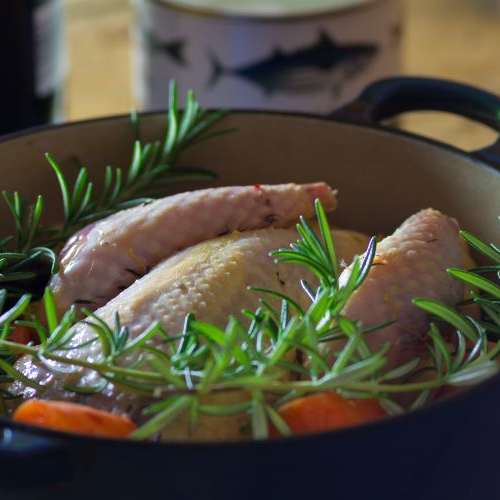
Common problems and solutions
Sinewy Pheasant Legs
One of the most difficult part of cooking pheasants is what to do with the legs. Pheasant legs can be difficult to eat because they have tough, stringy tendons. If you want to take your prep to the next level, you can cut the tendons in the pheasant’s legs and pull these out. You’ll need pliers for this; pull them from the exposed part at the foot. After that, remove the legs from the bird and roast them for about 8 minutes longer than the rest of the bird.
Tough Old Birds
Older birds are tougher so if your bird has been shot late in the season, long, slow cooking is the answer. Try pot roasting at 180°C/Gas mark 4 for 1.5 hours, or put it in the slow cooker. A delicious pheasant recipe you can try is to pot roast your bird in rich chicken broth, accompanied by lardons and caramelised shallots.
Need Inspiration?
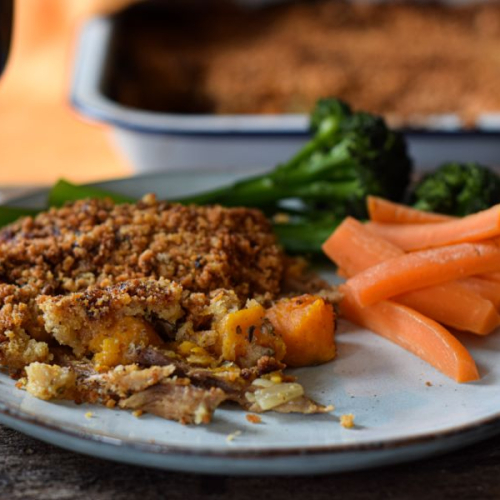
Try this pheasant recipe, where the whole bird is braised in stock, shredded and added to a tasty bacon and cream sauce. It’s topped with a savoury crumble topping and baked until golden brown. Delicious, and original!
Biography
Jenny White is a food writer who works for Wild and Game, the company on a mission to put game back on the British menu. The company sells a huge range of wild British game products, ranging from ready to cook meat to pies, pasties and ready meals.
-
Blog
• one month ago -
Blog
• one month ago -
Blog
• 2 months ago -
Blog
• 2 months ago
-
The Best British Easter Eggs 2024
one month ago -
Our pick of the bunch for your Easter table
one month ago -
Five Easy Ways to Reduce Food Waste
2 months ago

